Sports Recreation
 Recreation is the activities of individuals to evaluate their spare time; activities that provide personal satisfaction. Sportive recreation, on the other hand, means using sport for pleasure and entertainment and dealing with different fields of sport. Most often, children are interested in sports fields, where they are guided by their parents. However, with sportive recreation activities, children are subjected to different sports branches; they can find the opportunity to progress in their field of interest and enjoyment. In addition, with these activities, children learn to enjoy sports; they form the infrastructure for a healthy life. Gifted children feel more comfortable in mental activities than in physical activities. The reason for this is that gifted children have a developmental pattern called asynchronous development; mental development comes first and physical development comes behind mental development. Gifted children who have high mental standards do not show much interest in sports activities because they think that they cannot reach these standards physically. This may cause them to determine a sedentary lifestyle and gain weight over time. In this workshop, many sports branches such as foot tennis, petanga, swimming, volleyball and basketball were brought together with children; balance-coordination, ability to act together with the group, decision-making and risk-taking skills will be emphasized and children will be encouraged to have fun and enjoy sports by throwing their energy away.
Recreation is the activities of individuals to evaluate their spare time; activities that provide personal satisfaction. Sportive recreation, on the other hand, means using sport for pleasure and entertainment and dealing with different fields of sport. Most often, children are interested in sports fields, where they are guided by their parents. However, with sportive recreation activities, children are subjected to different sports branches; they can find the opportunity to progress in their field of interest and enjoyment. In addition, with these activities, children learn to enjoy sports; they form the infrastructure for a healthy life. Gifted children feel more comfortable in mental activities than in physical activities. The reason for this is that gifted children have a developmental pattern called asynchronous development; mental development comes first and physical development comes behind mental development. Gifted children who have high mental standards do not show much interest in sports activities because they think that they cannot reach these standards physically. This may cause them to determine a sedentary lifestyle and gain weight over time. In this workshop, many sports branches such as foot tennis, petanga, swimming, volleyball and basketball were brought together with children; balance-coordination, ability to act together with the group, decision-making and risk-taking skills will be emphasized and children will be encouraged to have fun and enjoy sports by throwing their energy away.
Drama
 Drama is the expression of a thought with body language, movement and movement. In other words, drama; It is an education method that enables people to develop multi-dimensionally by putting themselves in the place of others, to take an active role in education and training, to express themselves, to increase their desire and desire for research, to be creative and to perceive life in a multifaceted way. Drama is one of the most effective educational methods in terms of 'learning by doing'. In this workshop where educational and creative drama are used together; warm-up and relaxation activities, pantomime and role-playing, improvisation, formation and evaluation stages are followed respectively. As gifted children's IQ increases, they experience difficulties in social relations; for this reason, this group often chooses to isolate itself from society. In this workshop, children will be provided with a comfortable environment through drama activities, and awareness will be raised on their ability to recognize emotions, look at events from a different perspective, empathize, and effective communication skills.
Drama is the expression of a thought with body language, movement and movement. In other words, drama; It is an education method that enables people to develop multi-dimensionally by putting themselves in the place of others, to take an active role in education and training, to express themselves, to increase their desire and desire for research, to be creative and to perceive life in a multifaceted way. Drama is one of the most effective educational methods in terms of 'learning by doing'. In this workshop where educational and creative drama are used together; warm-up and relaxation activities, pantomime and role-playing, improvisation, formation and evaluation stages are followed respectively. As gifted children's IQ increases, they experience difficulties in social relations; for this reason, this group often chooses to isolate itself from society. In this workshop, children will be provided with a comfortable environment through drama activities, and awareness will be raised on their ability to recognize emotions, look at events from a different perspective, empathize, and effective communication skills.
Robotics
 With the robotics workshop, students are basically guided to think and learn. During the training period specified in the workshop, students will be informed about the parts and usage areas of robots, and then an infrastructure will be created for this area. Today, robots, which have become more influential especially in recent years, and even appear among the active elements of the future, have become one of the concepts that everyone, especially children, is curious about. Thanks to the technologies available in our workshop, children will be able to learn by seeing and having fun that the concepts they imagine in a technological sense can actually come true, how the robots that most children can think of abstractly until today are made, their production processes and how they are programmed. In the robotics lesson, where our students will enjoy, the robot will be defined, the importance of robotics will be discussed, many information such as where robots are used in the world and robot types are given, and the aim of the workshop is to equip students with robotics and make a difference among their peers. Within the scope of the course, ready-made sets or ardunio are used in line with the readiness of the students. The majority of gifted children are children who think analytically, are interested in technology and have the potential to create. In this workshop, by giving both hardware and software information about robots; It is aimed to increase the interest and knowledge of children in science and technology.
With the robotics workshop, students are basically guided to think and learn. During the training period specified in the workshop, students will be informed about the parts and usage areas of robots, and then an infrastructure will be created for this area. Today, robots, which have become more influential especially in recent years, and even appear among the active elements of the future, have become one of the concepts that everyone, especially children, is curious about. Thanks to the technologies available in our workshop, children will be able to learn by seeing and having fun that the concepts they imagine in a technological sense can actually come true, how the robots that most children can think of abstractly until today are made, their production processes and how they are programmed. In the robotics lesson, where our students will enjoy, the robot will be defined, the importance of robotics will be discussed, many information such as where robots are used in the world and robot types are given, and the aim of the workshop is to equip students with robotics and make a difference among their peers. Within the scope of the course, ready-made sets or ardunio are used in line with the readiness of the students. The majority of gifted children are children who think analytically, are interested in technology and have the potential to create. In this workshop, by giving both hardware and software information about robots; It is aimed to increase the interest and knowledge of children in science and technology.
Fun Science
 Only those who can perceive the world like a scientist and think about things can contribute to the world. Perceiving the world like a scientist requires advanced scientific research skills as well as having basic science knowledge. One of the most important characteristics of gifted children is that they are curious and ask endless questions about the universe, life and living things. Why are clouds white, do jellyfish have brains, do all living things have the same heart, why do we dream? Etc. In order to satisfy the children's curiosity and to reach the answers to the questions; from which source, in what order and how to research; It requires knowledge of subjects such as which methods to apply for which experiment. In this workshop, where physics, chemistry and biology experiments and the most entertaining side of science are presented, scientific research and scientific process skills of children are also developed.
Only those who can perceive the world like a scientist and think about things can contribute to the world. Perceiving the world like a scientist requires advanced scientific research skills as well as having basic science knowledge. One of the most important characteristics of gifted children is that they are curious and ask endless questions about the universe, life and living things. Why are clouds white, do jellyfish have brains, do all living things have the same heart, why do we dream? Etc. In order to satisfy the children's curiosity and to reach the answers to the questions; from which source, in what order and how to research; It requires knowledge of subjects such as which methods to apply for which experiment. In this workshop, where physics, chemistry and biology experiments and the most entertaining side of science are presented, scientific research and scientific process skills of children are also developed.
Creative Thinking
 Creativity is shown as one of the most important life skills of the 21st century by many important institutions and organizations such as UNICEF and the World Economic Forum. In the age we live in, the use of ready-made information has lost its importance; The production of new products, processes and systems with the existing knowledge has gained importance. The aim of education is not repetitive; is to raise generations that develop and contribute to development by constantly producing innovations. In particular, they are children who have the potential to produce gifted children and express themselves in life by producing. But supporting the creative potential; It requires knowing the dimensions of creativity, constantly evaluating the idea and product with certain criteria, and knowing creative thinking techniques. In this workshop, students are taught to think according to the four dimensions of creative thinking, fluency, flexibility, originality, and enrichment, and techniques such as synetic, brainstorming, opposite brainstorming, scamper, attribute listing and creative problem solving that they can use to create new products.
Creativity is shown as one of the most important life skills of the 21st century by many important institutions and organizations such as UNICEF and the World Economic Forum. In the age we live in, the use of ready-made information has lost its importance; The production of new products, processes and systems with the existing knowledge has gained importance. The aim of education is not repetitive; is to raise generations that develop and contribute to development by constantly producing innovations. In particular, they are children who have the potential to produce gifted children and express themselves in life by producing. But supporting the creative potential; It requires knowing the dimensions of creativity, constantly evaluating the idea and product with certain criteria, and knowing creative thinking techniques. In this workshop, students are taught to think according to the four dimensions of creative thinking, fluency, flexibility, originality, and enrichment, and techniques such as synetic, brainstorming, opposite brainstorming, scamper, attribute listing and creative problem solving that they can use to create new products.
Astronomy
 It is not always possible to predict to which disciplines the impact of a scientific discovery or development will reach, and which technological device will provide the design in the future. As a matter of fact, there are many technologies that have been discovered for space studies at CERN and other centers, but that we use in daily life. For example, in order to simply make long-wavelength observations, Radio Astronomers led the communication development of radio receivers and satellites, leading to the development of satellite positioning and advanced navigation (GPS) technology. The way to reach the basic properties of stars is possible by examining the light coming from them and analyzing their spectra. Again, high resolution imaging techniques developed against this need; Today, it is used in the medical field for detailed examination, from cell development observations to imaging of a patient's internal organs and non-surgical examination (such as MRI, Doppler, Endoscopy). Although it is possible to multiply such examples, astronomy gifted children; Since their abstract thinking skills develop early, they are one of the areas they are most interested in. Dwarf planet, mars, black holes are exciting for them as unexplored and intriguing topics. In this workshop, which we will open with an introduction to astronomy and basic physical concepts; How does our sun provide its energy under the sun title? How long will it warm us up? How was the solar system formed? What are the differences between planets and stars? Why couldn't Jupiter become a star? How many planets have been found outside the Solar System? We will be looking for answers to the questions "Is there life in the universe?" Under the heading of the formation and evolution of stars; Double stars and their properties; Do stars are born, grow, and die like living things? White dwarfs, neutron stars and black holes; What would life be like if we were in a neutron star? Why can't we observe black holes? We will take a closer look at supernova explosions and types of supernovas and Galaxies. In addition, in this workshop, we will have the chance to examine the Sun by getting acquainted with the Sun telescope, and we will also have the opportunity to photograph the Sun at different times of the day and fit it into different frames.
It is not always possible to predict to which disciplines the impact of a scientific discovery or development will reach, and which technological device will provide the design in the future. As a matter of fact, there are many technologies that have been discovered for space studies at CERN and other centers, but that we use in daily life. For example, in order to simply make long-wavelength observations, Radio Astronomers led the communication development of radio receivers and satellites, leading to the development of satellite positioning and advanced navigation (GPS) technology. The way to reach the basic properties of stars is possible by examining the light coming from them and analyzing their spectra. Again, high resolution imaging techniques developed against this need; Today, it is used in the medical field for detailed examination, from cell development observations to imaging of a patient's internal organs and non-surgical examination (such as MRI, Doppler, Endoscopy). Although it is possible to multiply such examples, astronomy gifted children; Since their abstract thinking skills develop early, they are one of the areas they are most interested in. Dwarf planet, mars, black holes are exciting for them as unexplored and intriguing topics. In this workshop, which we will open with an introduction to astronomy and basic physical concepts; How does our sun provide its energy under the sun title? How long will it warm us up? How was the solar system formed? What are the differences between planets and stars? Why couldn't Jupiter become a star? How many planets have been found outside the Solar System? We will be looking for answers to the questions "Is there life in the universe?" Under the heading of the formation and evolution of stars; Double stars and their properties; Do stars are born, grow, and die like living things? White dwarfs, neutron stars and black holes; What would life be like if we were in a neutron star? Why can't we observe black holes? We will take a closer look at supernova explosions and types of supernovas and Galaxies. In addition, in this workshop, we will have the chance to examine the Sun by getting acquainted with the Sun telescope, and we will also have the opportunity to photograph the Sun at different times of the day and fit it into different frames.
Our Other Events
Sakip Sabanci Museum Visit
- Examination of the collection
- Book arts and calligraphy collection exhibition
- Book arts and calligraphy workshop
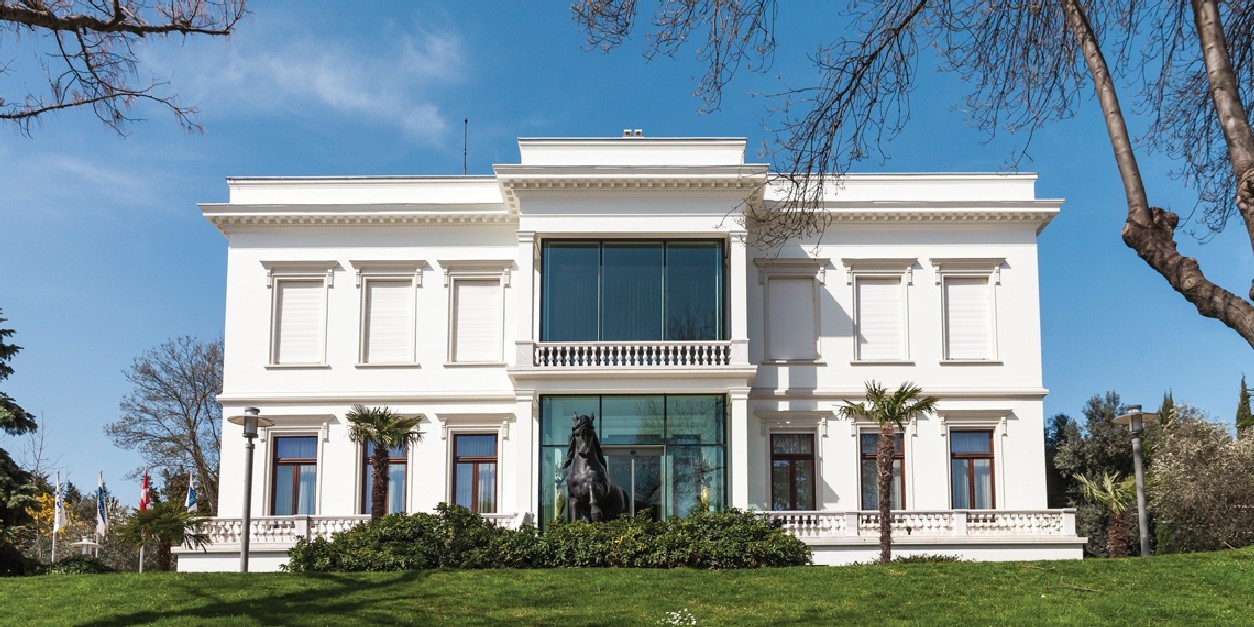
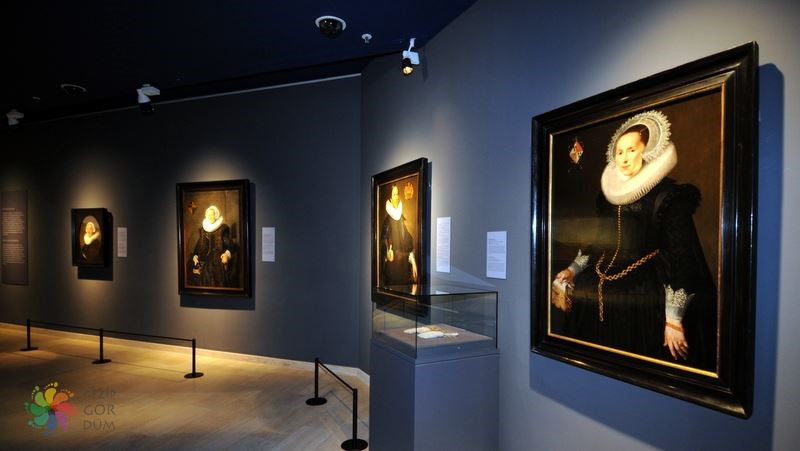
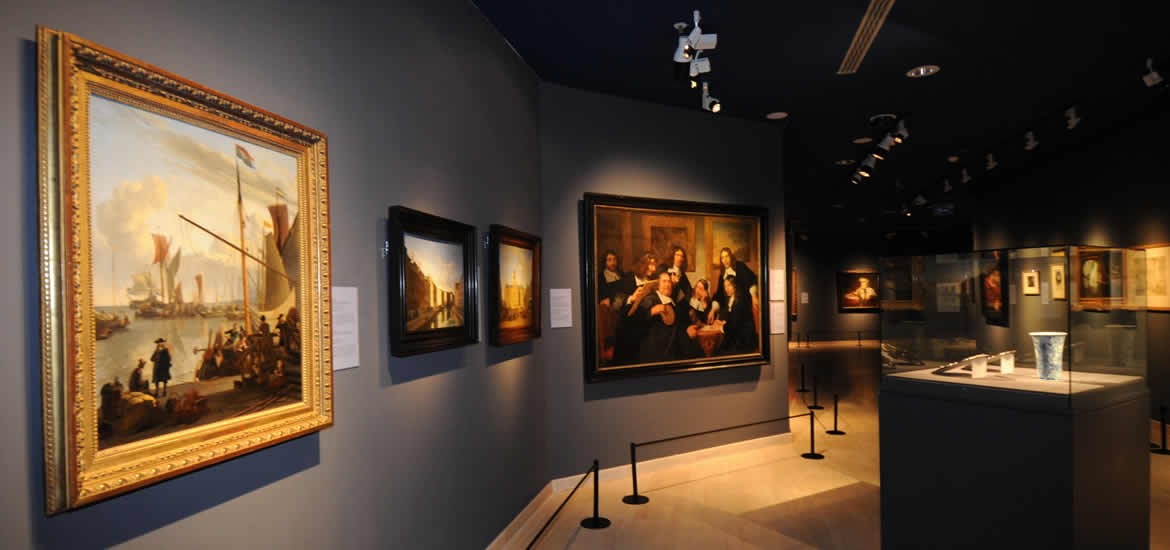
Rowing (Sailing-Canoeing) Training and Work in the Golden Horn with Vira Rowing Club
- rowing sport
- Improves coordination and attention.
- Requires collaboration with the team
- Gains awareness of reaching the target
- Teaches time planning.
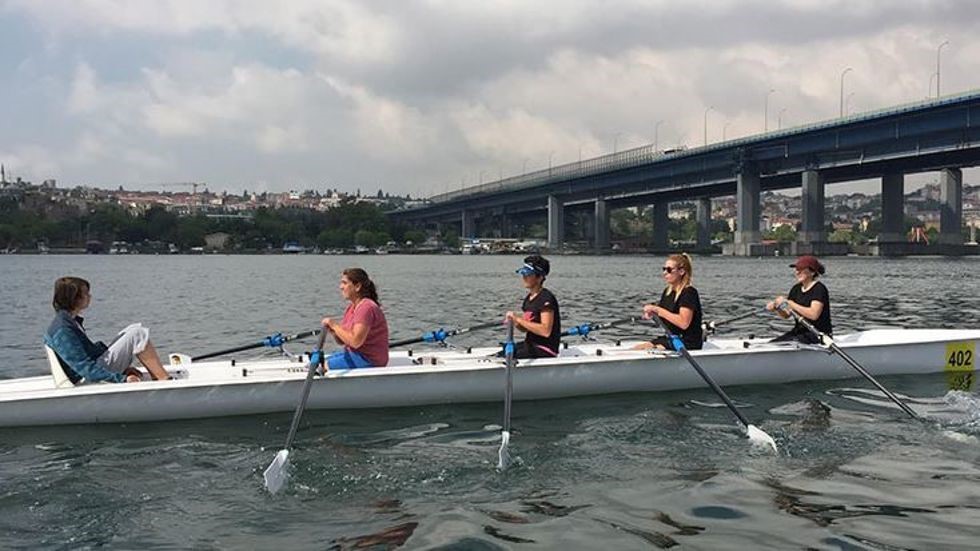
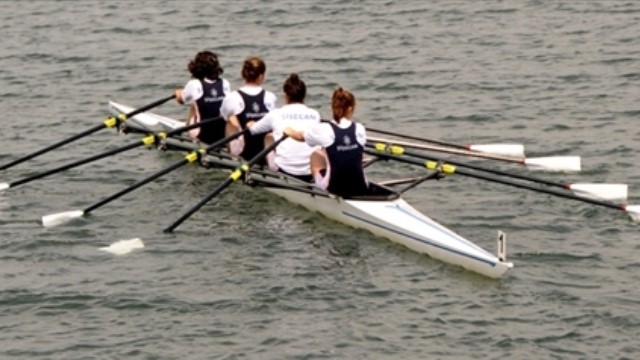
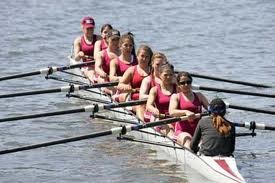
Ataturk Arboretum Tour
- Examination of nearly 2000 plant species
- Botanical culture activity
- Photo shoot
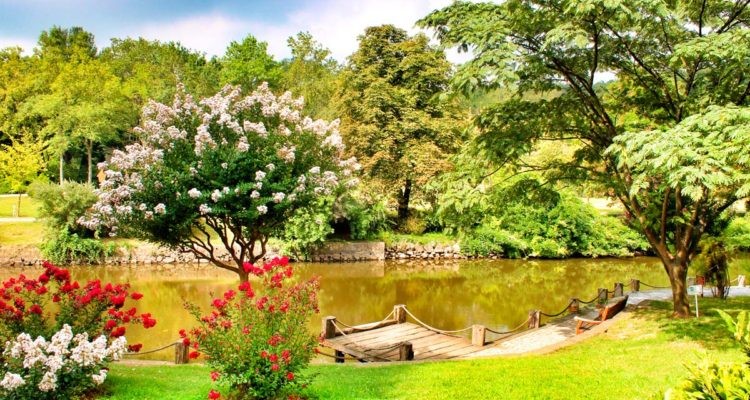

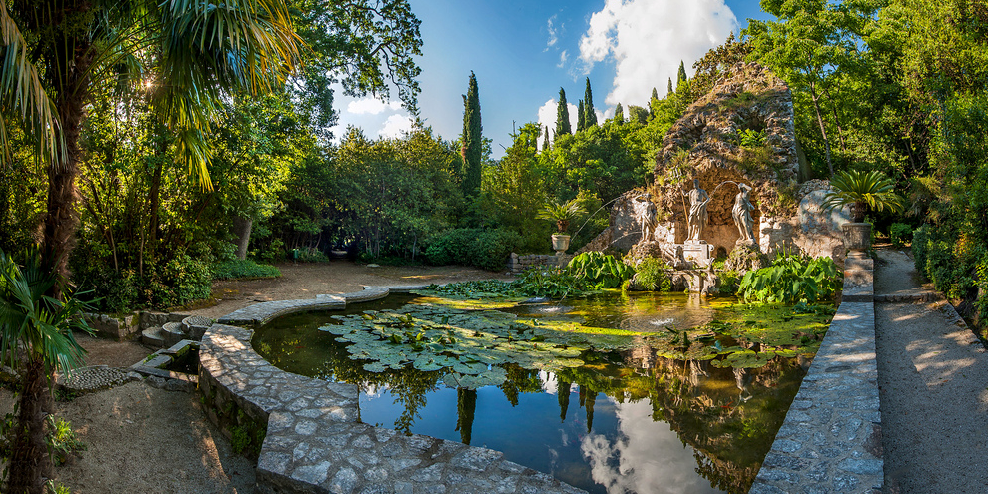

More Details About Our Summer Camp Program
Goal
By offering an enriched education to children diagnosed as gifted; to enable them to discover themselves and their families' children.
The first step of talent training is the discovery and recognition of talents. While our summer and winter schools offer you the opportunity to get to know your child, with the programs they offer, the observations of our teachers, and the world-renowned standard tests they apply; on the other hand, it gives children the chance to spend time with science, art and sports in a fun way. In our programs, children's potential is challenged and their cognitive development is supported.
Our difference
This program is the first "gifted education program" organized by three different institutions. The combination of 15 years of experience of different experts in the field, and the competent teaching staff in the field of academic and practice constitute our biggest difference. Programs are prepared by consulting at least three different experts, and students are ensured to enjoy all workshops. Education is not only offered to students; parents are guided.
Education Programs by Age Ranges
| 5-6 years old |
7- 8 years old |
9-12 years old |
| Sports Recreation |
Sports Recreation |
Sports Recreation |
| The English |
Drama |
STEM |
| Drama |
Robotics |
Robotics |
| Fun Science |
Fun Science |
Children's Literature |
| Strategic Thinking |
Creative Thinking |
Drama |
| Rhythm and Music |
Astronomy |
Astronomy |
Participation Condition
According to the intelligence tests standardized in our country, children with superior intelligence will be accepted. Those who do not have an intelligence test can reach our institution; They need to take an intelligence test. Those who have test results are required to submit their intelligence test result reports to us. Test results before 2015 are not accepted.
Early Registration Fee
Early registration dates are from April 25 to May 25, 2018. It is 2000 TL including VAT. Lunch is included in our price, service fee is not included. We have service facilities. Training is every weekday. The fee after the early registration period is 2200 TL including VAT.
For Information and Communication;
Gifted Education Specialist:
Erbin Soygur
0505 494 9153
[email protected]
Banka Hesap Bilgileri
Erbin Soygur
IBAN: TR 2500 0150 0158 0073 0628 3641